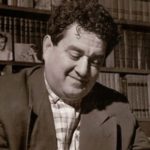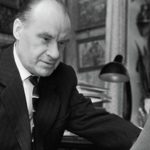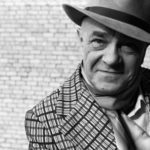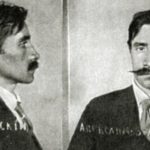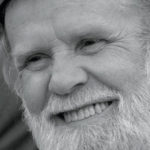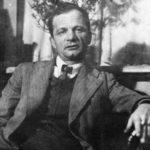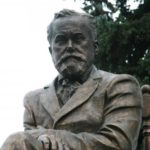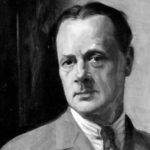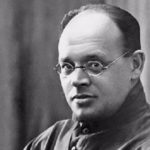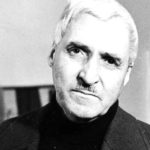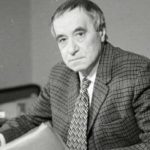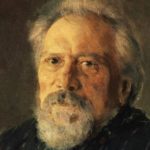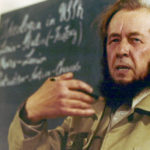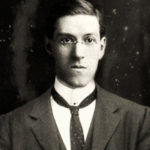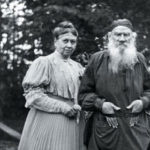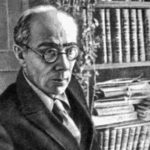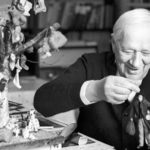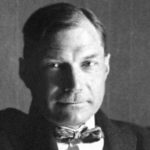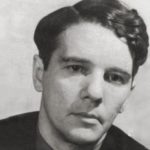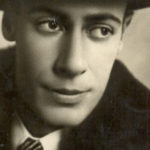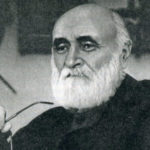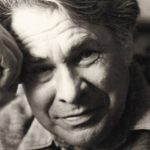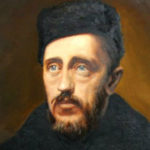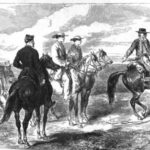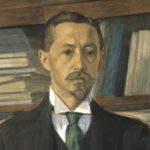Interesting facts about Vasil Bykov
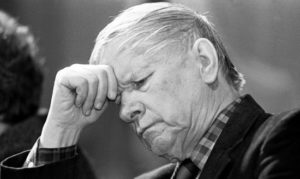 The Great Patriotic War had a strong influence on the work of the Soviet and later Belarusian writer Vasil Bykov. All that he had experienced, then lay down in the basis of his books, telling about the darkest days for the Soviet people. The fates of ordinary people affected by a global conflict are intertwined in his stories, and, most importantly, it is impossible not to believe everything written – Bykov really knew how to reach the hearts of readers.
The Great Patriotic War had a strong influence on the work of the Soviet and later Belarusian writer Vasil Bykov. All that he had experienced, then lay down in the basis of his books, telling about the darkest days for the Soviet people. The fates of ordinary people affected by a global conflict are intertwined in his stories, and, most importantly, it is impossible not to believe everything written – Bykov really knew how to reach the hearts of readers.
Parents of the future writer were peasants.
After graduation, Vasil Bykov entered an art school, but soon he was forced to quit his studies, as the scholarships were canceled, and the family could not help him financially.
At seventeen, shortly after the start of the war, Bykov, who had lagged behind his comrades, was nearly shot by the Red Army, as he was mistaken for a German spy.
Shortly before the outbreak of hostilities, the future writer studied at the sculptor.
In 1943, he received several severe wounds during the fighting, and was mistakenly entered on the death toll.
Vasil Bykov made his first publications, short stories in 1947. His works were published in the Grodno newspaper, where he then worked.
From 1949 to 1955, the writer again served in the army, as he, a reserve officer, was again drafted into the army.
Most of Vasil Bykov’s works are written in Belarusian, and not in Russian.
Since 1959, he was a member of the Union of Writers of the USSR.
Throughout his life, he loved to draw and photograph. His last memorable photo of Solzhenitsyn was approved by the latter.
In 1984, Bykov received the title of Hero of Socialist Labor, as well as one of the most honorable orders – the Order of Lenin. A year later, he was awarded the Order of the Patriotic War, and he received the Order of the Red Star back in 1945.
Nearly two dozen of his works were filmed.
For several years, Bykov served as president of the World Association of Belarusians.
In four Belarusian cities there are streets named after Vasil Bykov.
In the last years of his life, Bykov actively criticized the policy of his native country, arguing that Belarus should take a course toward rapprochement with the countries of the West.
Because of his disagreement with the country’s political course, Bykov was persecuted, as a result of which he moved first to the Czech Republic, then to Finland, and then to Germany, where he lived almost the rest of his life.
The writer returned home only shortly before his death.
Most of Bykov’s works have been translated from Belarusian into Russian by the author himself.
His works “Alpine Brigade” and “Path of Life” were taken as the basis of two operas of the same name.
